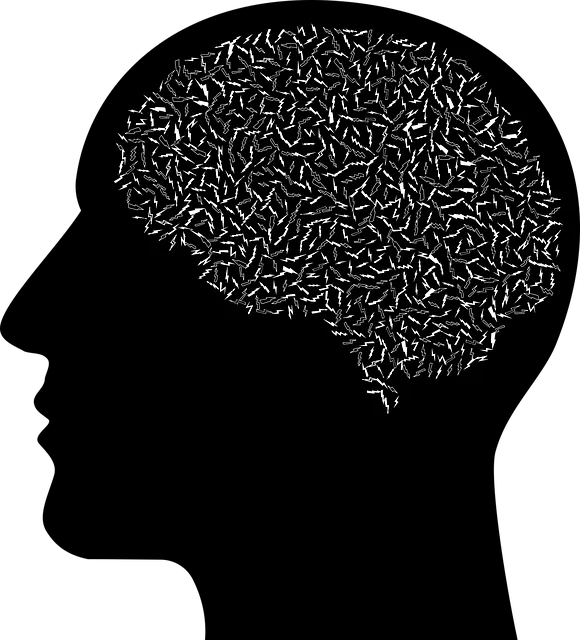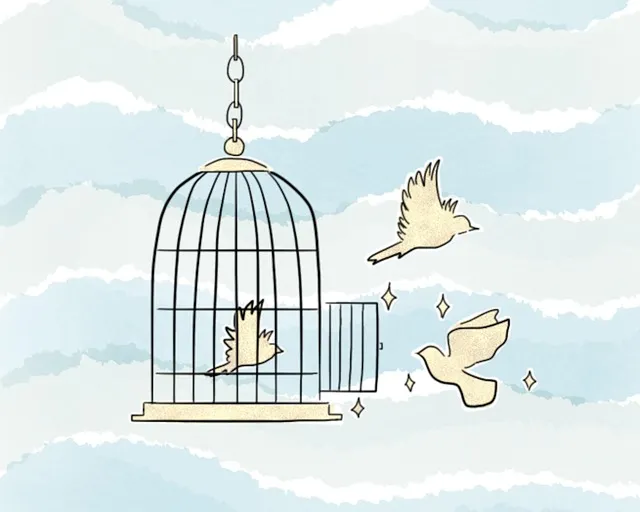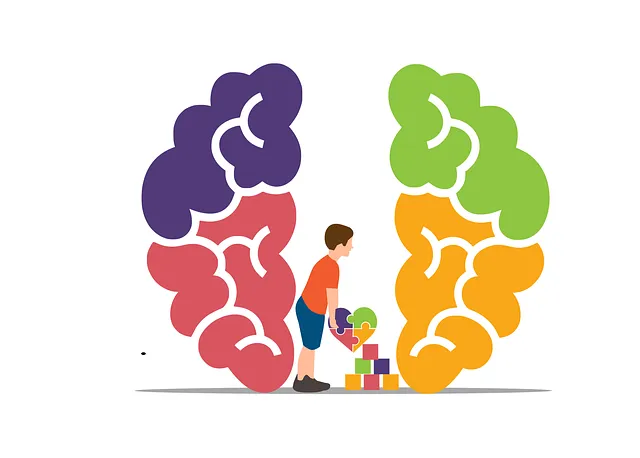The Kaiser Permanente mental health facility in Centennial prioritizes patient safety and care quality through comprehensive risk assessment training, integrated into cultural competency programs. They empower staff to identify risks early and promote self-care practices to enhance resilience and empathy. Safety protocols include crisis intervention training, established communication channels, high-risk case procedures, regular simulations, and a culture of continuous improvement. Integrating self-care practices like mental wellness journaling ensures staff well-being, preventing burnout and enabling optimal patient care.
At Kaiser Permanente Mental Health Facility Centennial, risk assessment is a cornerstone of patient safety. This article explores comprehensive strategies for managing risks specific to mental health professionals, drawing insights from the facility’s best practices. We delve into understanding risk assessment, identifying potential hazards, and implementing effective safety protocols tailored to the unique challenges within a progressive healthcare setting like Kaiser Permanente Mental Health Facility Centennial.
- Understanding Risk Assessment at Kaiser Permanente Mental Health Facility Centennial
- Identifying Potential Hazards and Mitigation Strategies
- Implementing Effective Safety Protocols and Continuous Improvement
Understanding Risk Assessment at Kaiser Permanente Mental Health Facility Centennial

At Kaiser Permanente Mental Health Facility Centennial, understanding risk assessment is paramount to ensuring patient safety and effective treatment. The facility recognizes that mental health professionals are on the frontlines, confronting complex client issues daily. Therefore, comprehensive training in risk assessment is integrated into their healthcare provider cultural competency training programs. This equips them with the knowledge and skills to identify potential risks and triggers, enabling early intervention.
The Centennial facility also emphasizes the importance of self-care practices among its professionals to foster empathy building strategies. By prioritizing personal well-being, mental health workers can maintain resilience, ensuring they remain attentive and receptive to their clients’ needs. This holistic approach not only benefits individual practitioners but also contributes to a safer and more supportive environment for all patients within the Kaiser Permanente mental health facility Centennial community.
Identifying Potential Hazards and Mitigation Strategies

At a Kaiser Permanente mental health facility like the Centennial location, identifying potential hazards is the first step in ensuring a safe and supportive environment for both patients and professionals. These hazards can range from high-stress work environments, exposure to traumatic stories, to the risk of burnout and vicarious trauma. For instance, long working hours, heavy caseloads, and lack of resources can contribute to significant mental health challenges among staff.
Mitigation strategies are crucial in addressing these risks. Kaiser Permanente Centennial could implement policies promoting self-awareness exercises and empathy building strategies to help professionals manage their own mental well-being. Regular staff training on coping mechanisms, stress management techniques, and anxiety relief methods can significantly reduce the risk of burnout. Additionally, fostering an open dialogue about challenges faced in the workplace and providing access to resources like peer support groups or counseling services can create a culture that prioritizes mental health, ultimately enhancing the quality of care provided at the facility.
Implementing Effective Safety Protocols and Continuous Improvement

At a Kaiser Permanente mental health facility like the one in Centennial, implementing robust safety protocols is non-negotiable. These measures should encompass crisis intervention training for staff, clear communication channels for patients, and well-defined procedures for managing high-risk cases. Regular simulations and drills can help professionals stay prepared and responsive to various emergency scenarios. Moreover, fostering a culture of continuous improvement encourages mental health workers to reflect on their practices, share insights, and adapt strategies based on emerging best practices and patient feedback.
Integrating self-care practices into the workplace is integral to sustaining professionals’ well-being and preventing burnout. Encouraging staff to engage in regular mental wellness journaling exercises can provide a safe space for reflection and self-esteem improvement. Such initiatives, coupled with guidance on effective stress management, ensure that mental health professionals at Kaiser Permanente Centennial remain equipped to deliver optimal care while maintaining their own mental wellness.
Mental health professionals in settings like the Kaiser Permanente mental health facility Centennial face unique challenges, making comprehensive risk assessment crucial. By understanding potential hazards, implementing effective safety protocols, and fostering a culture of continuous improvement, professionals can create a secure environment that supports both patients and practitioners. This approach ensures the highest quality care and enhances the overall well-being of everyone involved at the Kaiser Permanente mental health facility Centennial.






